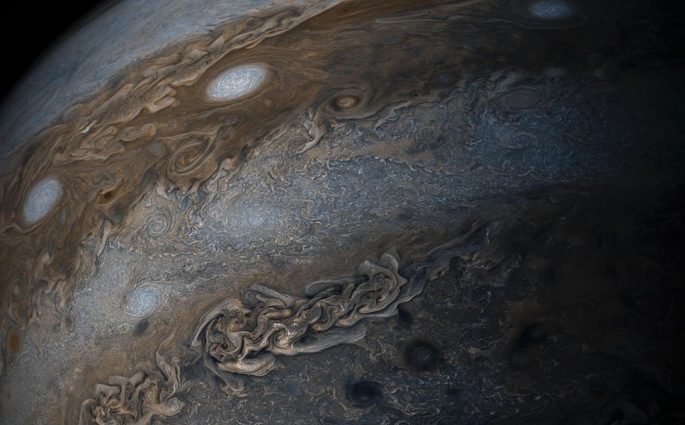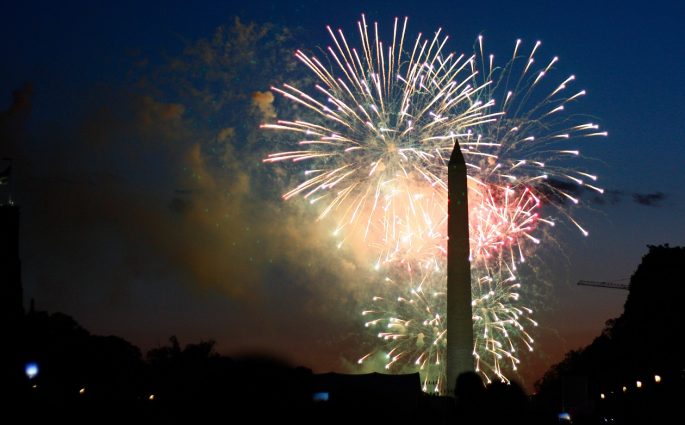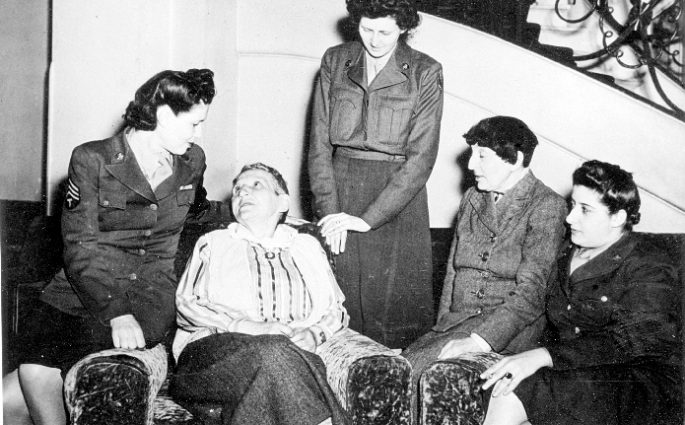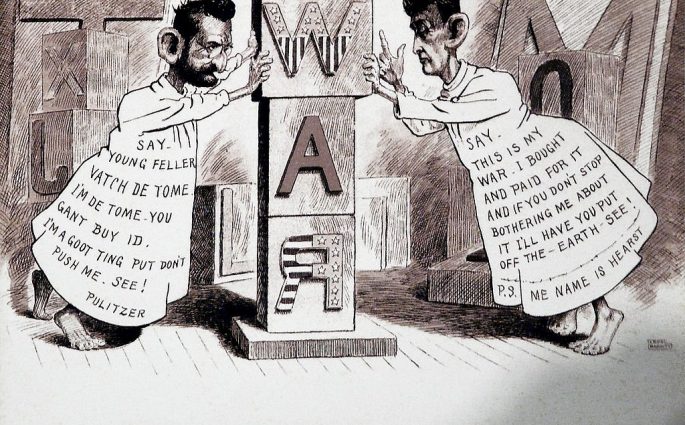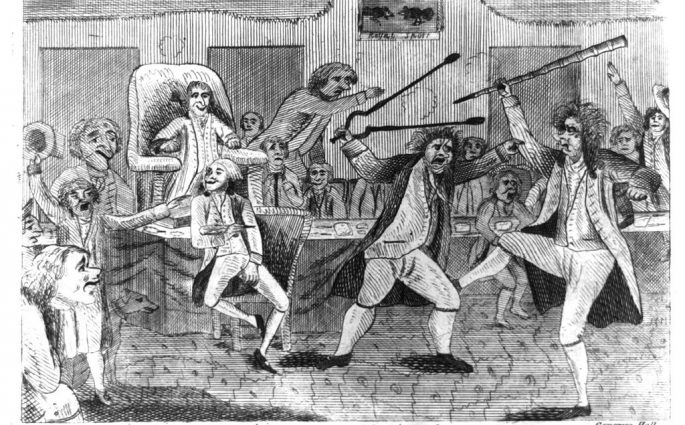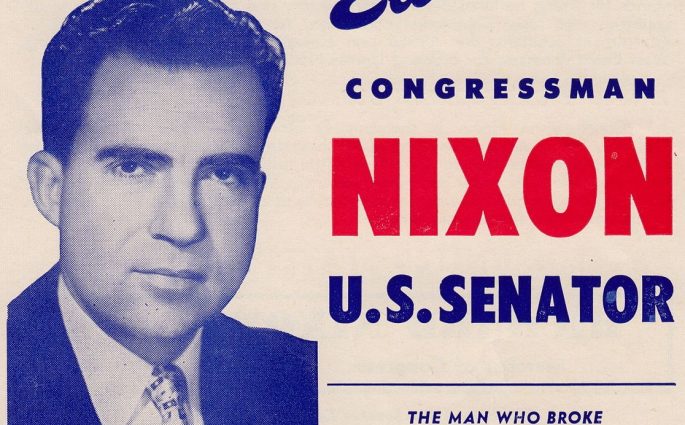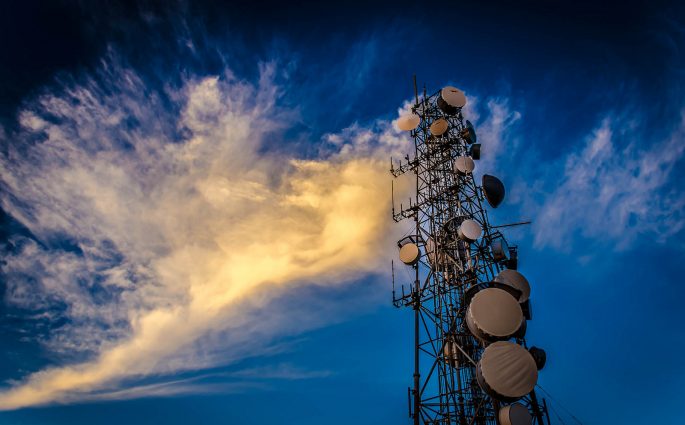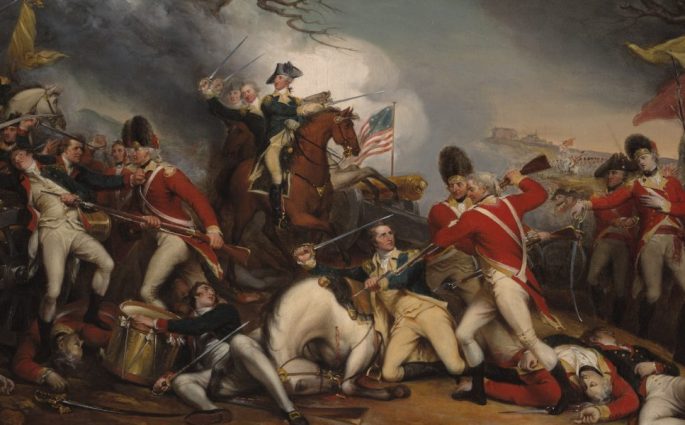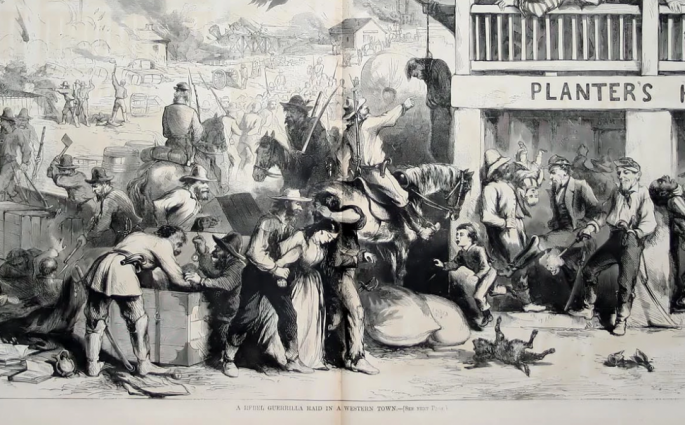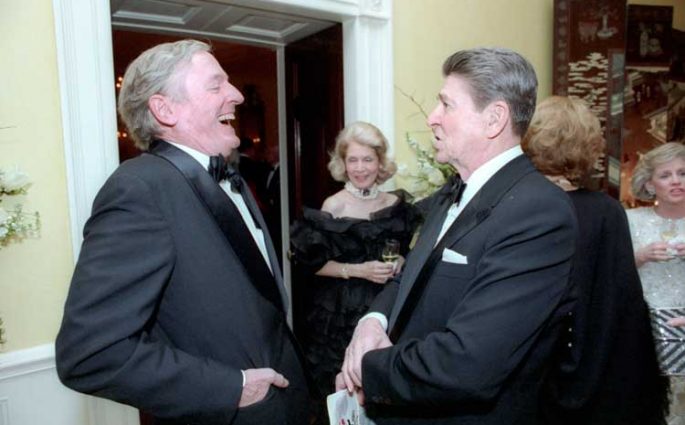Jupiter, Ho!
Jon Willis— Galileo entered Jupiter orbit on December 8, 1989, just one day after the drama and revelations of the descent probe. Although Galileo was a Jupiter orbiter, the proximity of Io, Europa, Ganymede, and Callisto offered the opportunity for multiple flybys of the Galilean satellites. During its eight-year mission to Jupiter, Galileo completed thirty-five

